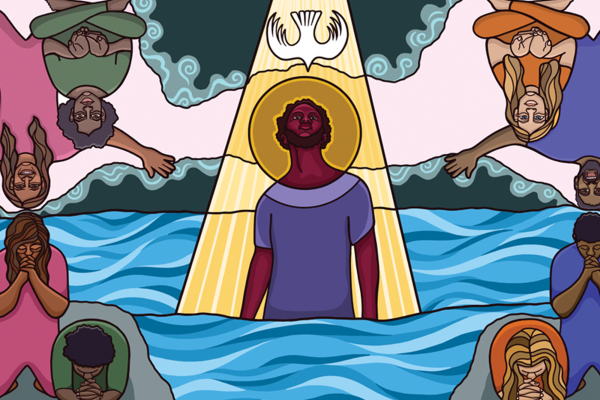THE CENTRAL CHARACTER in Octavia Butler’s short story “The Book of Martha” lives at a time of heightened human oppression and environmental crisis. Martha encounters God, who invites her to help remedy the situation, to make sure “that people treat one another better and treat their environment more sensibly.” Martha’s fear leads her to believe that such an encounter with God was a dream, more likely a nightmare. She insists that it is impossible for her to affect change and asks God to fix things. God replies, “What change would you want to make if you could make only one? Think of one important change.” Perhaps this is a question for all of us.
Martha’s encounter with God turns into something beautiful and allows her to see new possibilities to change the world. Her eventual move toward facilitating the kind of world she envisioned is made possible by her belief in her own agency — her ability to generate novel ideas and take measurable steps to realize them.
Too often justice is described in terms that are broad and abstract. The realization of justice requires concrete steps. Sometimes we despair when we fail to accomplish substantive change, despite our sacrifices and work. This is part of the human condition. But we are also called to actively hope and then take the steps that are ours to take. An alternative reality is possible when we allow ourselves to be transformed by God’s presence working in earlier models of liberation. We are invited to think creatively together about what is possible and pursue it passionately.
Read the Full Article

